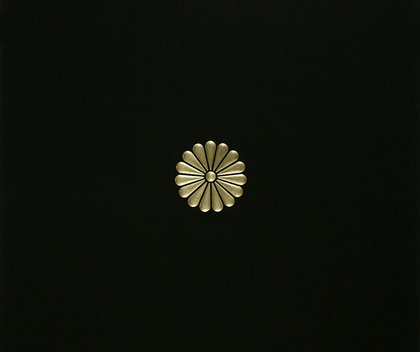Visit the AMAM
Enjoy the intimate setting of an acclaimed college art museum.
Learn MoreThe Allen presents changing exhibitions along with engaging guest speakers and public programs.
Learn MoreThe Allen's collection is particularly strong in 17th century Dutch and Flemish painting, Japanese prints, early modern art, African art, and more.
Learn MoreExplore the full range of museum programs through free events, guided and self-guided tours, and resources for professors and PreK-12 teachers.
Learn MoreResources
Find podcasts, activities, and information for all age groups.
Support for the museum continues our tradition of bringing art to the people.
Learn MoreJuly 30 - December 15, 2019
In Ripin Gallery
July 30 - December 15, 2019
In Ripin Gallery



Works from the 19th and 20th centuries examine artistic resistance to the government and other societal power structures, both under earlier censorship laws and following World War II.
For centuries, Japanese artists have conveyed political messages in their artwork. This exhibition examines the kinds of works produced both under censorship laws and without them, and the ways in which these works challenged the government and other societal structures of power.
The exhibition title references the term veiled dissent, coined by scholar and curator Sarah Thompson. It refers to the careful ways the artists of the Edo Period (1603–1868) modified images and text in their popular woodblock prints to address subjects that were restricted by censorship laws of the era. Similar political censorship extended into the late 19th and 20th centuries, through the post-World War II occupation period. Rather than definitively getting rid of certain subject matter, artists instead became more creative in how they delivered their messages.
Unveiled dissent refers to art created without the bounds of censorship laws, after the death of Emperor Hirohito (1901–1989). Reflection on the legacy of WWII and the interactions of Western and Japanese cultures led to the rise of art that was more outspoken politically, as Japanese people negotiated the past and the present in creating a new Japan.
Oberlin '21 Curatorial Assistant in Asian Art
Joan L. Danforth Curator of Asian Art
Visit - Tours
Enjoy the intimacy of one of the nation's best academic art museums. Free admission since 1917.
Newsletter
Sign up for our e-newsletter to get information about our free events and latest exhibitions.
Join & Support
Your support makes a difference. Become a museum member, donor, or volunteer.